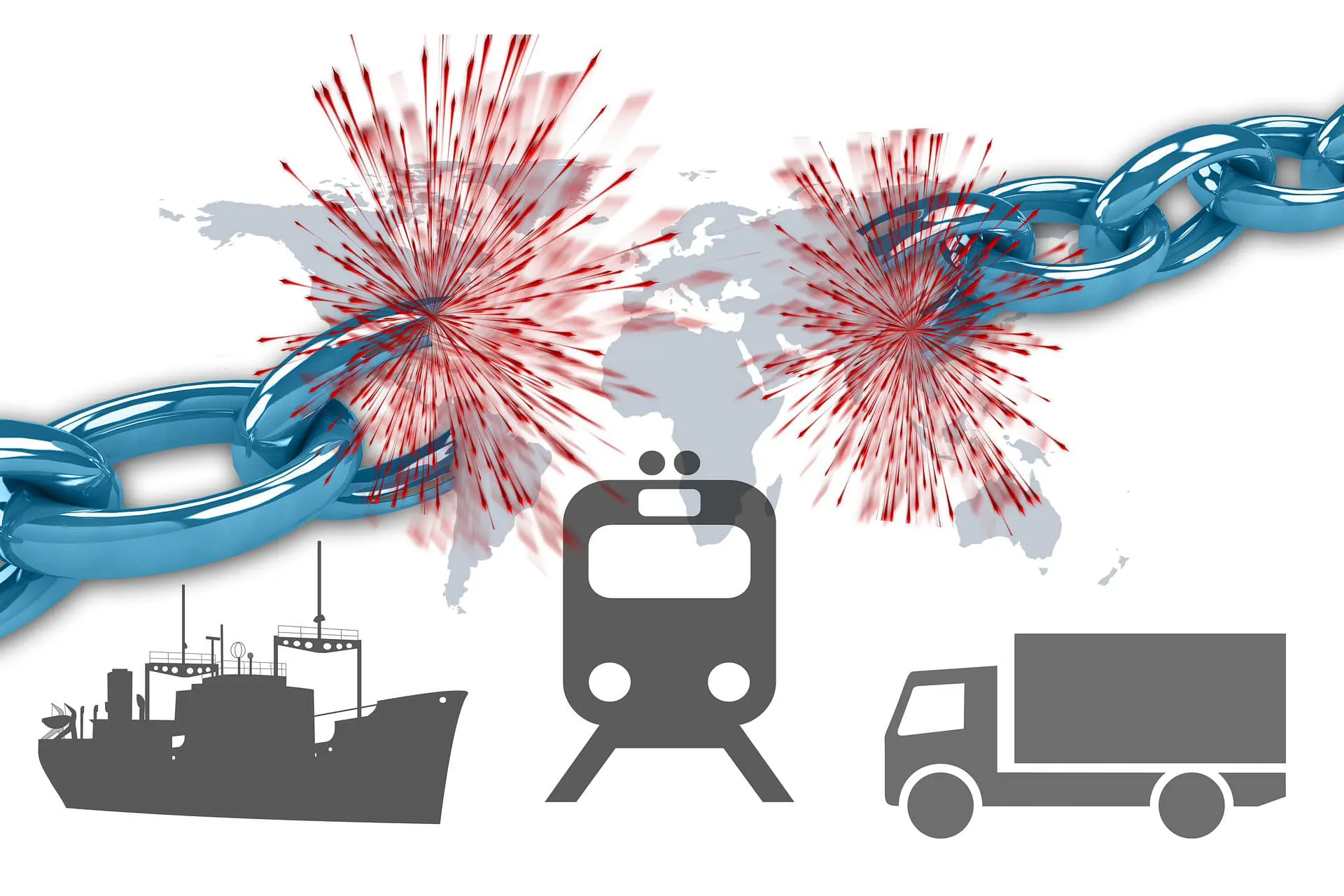Global supply chain disruptions have emerged as a critical challenge for Engineering, Procurement, Construction, and Installation (EPCI) projects, affecting timelines, costs, and overall project execution. The aerospace, energy, and industrial engineering sectors heavily rely on intricate supply chains that span multiple countries and suppliers. Any disruption—whether due to geopolitical tensions, natural disasters, trade restrictions, or pandemics—can significantly impact project outcomes, requiring EPCI professionals to implement resilient supply chain strategies.
One of the most immediate consequences of supply chain disruptions in EPCI projects is material shortages. Engineering and construction rely on specialized materials, such as aerospace-grade alloys, high-performance composites, and critical electronic components, which are often sourced from a limited number of global suppliers. When supply chain bottlenecks occur, procurement teams face extended lead times, increased costs, and potential project delays. To mitigate these risks, EPCI professionals must develop diversified sourcing strategies, establish long-term supplier partnerships, and maintain buffer stock for high-risk materials.
Cost volatility is another major concern driven by global supply chain instability. Fluctuations in raw material prices, transportation costs, and labor expenses can significantly impact EPCI project budgets. For instance, disruptions in shipping logistics can lead to surging freight costs, while raw material shortages can cause price spikes, forcing companies to revise their cost estimations. Effective cost management strategies, such as hedging contracts, forward purchasing agreements, and alternative material selection, help project teams navigate financial uncertainties and maintain profitability.
Logistical challenges further exacerbate supply chain disruptions in EPCI projects. Delays in shipping, port congestion, and transportation breakdowns can cause critical delays in project schedules. For aerospace and industrial projects that operate on strict timelines, any delay in material or equipment delivery can cascade into project slowdowns, contract penalties, and reputational damage. Implementing digital supply chain tracking systems, leveraging predictive analytics, and optimizing logistics networks can enhance visibility and ensure proactive risk management in EPCI projects.
Regulatory and trade policy changes also play a significant role in disrupting EPCI supply chains. Shifting international trade policies, tariffs, and export restrictions can limit access to essential materials and technologies. EPCI firms must stay informed on evolving trade regulations, establish compliance frameworks, and engage in scenario planning to navigate regulatory uncertainties. Strategic regionalization—sourcing materials from multiple geographies and developing localized supply networks—can help mitigate risks associated with changing trade dynamics.
Technological advancements in supply chain management are transforming how EPCI projects respond to disruptions. The adoption of blockchain for transparent procurement processes, artificial intelligence for demand forecasting, and Internet of Things (IoT) solutions for real-time asset tracking are reshaping supply chain resilience. Companies investing in these technologies gain a competitive edge by enhancing supply chain agility, reducing response times, and minimizing dependency on vulnerable supply routes.
Collaboration across the EPCI ecosystem is crucial for managing supply chain disruptions effectively. Engineers, procurement specialists, construction managers, and logistics teams must work together to develop contingency plans, implement risk-sharing agreements, and establish flexible contract structures that account for supply chain uncertainties. Open communication with suppliers, clients, and stakeholders ensures that expectations are aligned and that proactive solutions are implemented to maintain project integrity.
To navigate the complexities of global supply chain disruptions, EPCI professionals must adopt a proactive and strategic approach. By leveraging technology, diversifying sourcing strategies, optimizing logistics, and staying ahead of regulatory changes, EPCI firms can enhance project resilience and minimize the impact of supply chain challenges.
Stay ahead of supply chain disruptions and optimize your EPCI project execution. Subscribe to EPCI.ng for expert insights, industry trends, and innovative solutions that drive project success.







Leave feedback about this